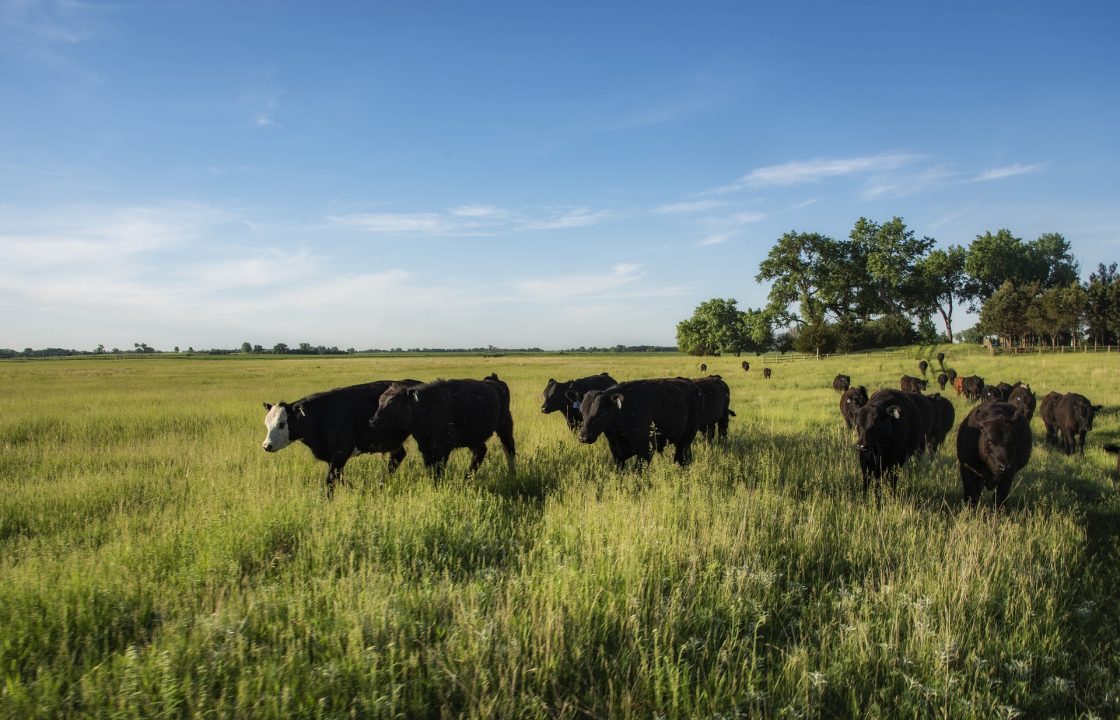It is often said that the prevalence of constipation has increased due to modern food processing methods, resulting in a diet low in non-starch polysaccharides (NSP). However, a low NSP diet should not be assumed to be the cause of constipation, but possibly a contributory factor.
Although evidence is controversial, intake of NSP, mostly insoluble fiber, has been shown to be beneficial and to increase gut transit time, fecal weight, and bowel frequency in healthy individuals, but also in some constipated patients.

Constipation is often lower among vegetarians and in developing countries, where higher amounts and types of NSP are consumed. Many people with constipation, especially the elderly, report having a low NSP intake because of chewing difficulties and/ or denture problems. There are a few cases where high NSP is contraindicated: patients with secondary to slow transit and/or pelvic floor dyssynergia, or where abdominal distension has worsened or resulted in incontinence (mostly in the elderly). However, these represent a minority.

Because constipation is a symptom, many variables have been implicated in its treatment. One cause is related to the stress and strain of modern life. Poor personal habits may be responsible, including irregular routine and meals, inadequate rest and exercise, tension, and ignoring the body’s need to defecate. Some medications that contain iron, aluminum, or calcium can cause constipation.

Fluid Dehydration is a risk factor, slowing colonic transit or lowering stool output in healthy adults. This is a problem among the elderly, who tend to drink less in an attempt to control incontinence.

A regular balanced diet high in fiber and fluids is recommended to avoid constipation. Staying well-hydrated drinking lots of water is especially important when increasing fiber intake. Eight to ten glasses of fluids daily should be consumed. Foods high in fiber include whole grains and raw fruits and vegetables. If the patient cannot tolerate the latter, cooked ones may be used.

Prune juice, apple juice, figs, and raisins are especially helpful. Bran with a high fiber content is an effective agent. Exercising also helps reduce the risk of constipation.

By pooling the findings of the 14 studies, the researchers found that on average, probiotics slowed “gut transit time” by 12.4 hours, increased the number of weekly bowel movements by 1.3, and helped soften stools, making them easier to pass. Probiotics that contained Bifidobacterium appeared to be the most effective. The study was published in the American Journal of Clinical Nutrition.
Nutrition Tips for Relieving Constipation
- Eat a high-fiber diet: Five servings of fruits and vegetables each day and six or more servings of whole grains are helpful to most people. If you eat breakfast cereal, make sure you buy a cereal containing at least 2 to 3 g of fiber per serving.
- Drink plenty of fluids: Staying well-hydrated drinking lots of water is especially important when increasing fiber intake. Eight to ten glasses of fluids daily should be consumed.
- Exercise regularly: A regular walking plan — even 10 to 15 minutes several times a day — can help the body and digestive system work at their best. If you are already fit, you might choose aerobic exercise: running, jogging, swimming, or swing dancing, for example.
- Respond promptly to the urge to defecate.
- Prune juice, apple juice, figs, and raisins are especially helpful.
- Bran with a high fiber content is an effective agent.
- Do probiotics provide constipation relief? By pooling the findings of the 14 studies, the researchers found that on average, probiotics slowed “gut transit time” by 12.4 hours, increased the number of weekly bowel movements by 1.3, and helped soften stools, making them easier to pass.
References:
https://www.ncbi.nlm.nih.gov/pmc/articles/PMC5976340/
https://www.tandfonline.com/doi/full/10.3402/fnr.v59.28646
https://pubmed.ncbi.nlm.nih.gov/30814410/




